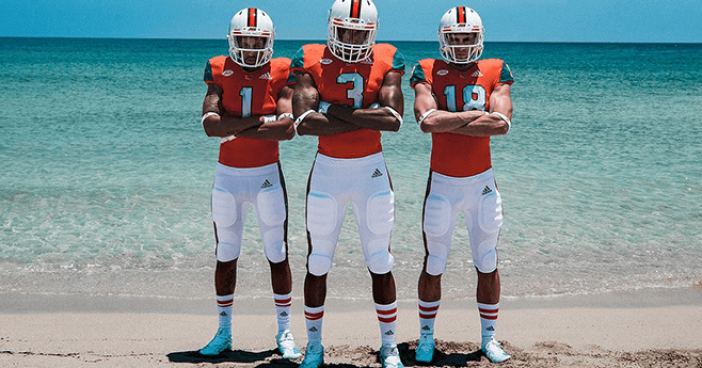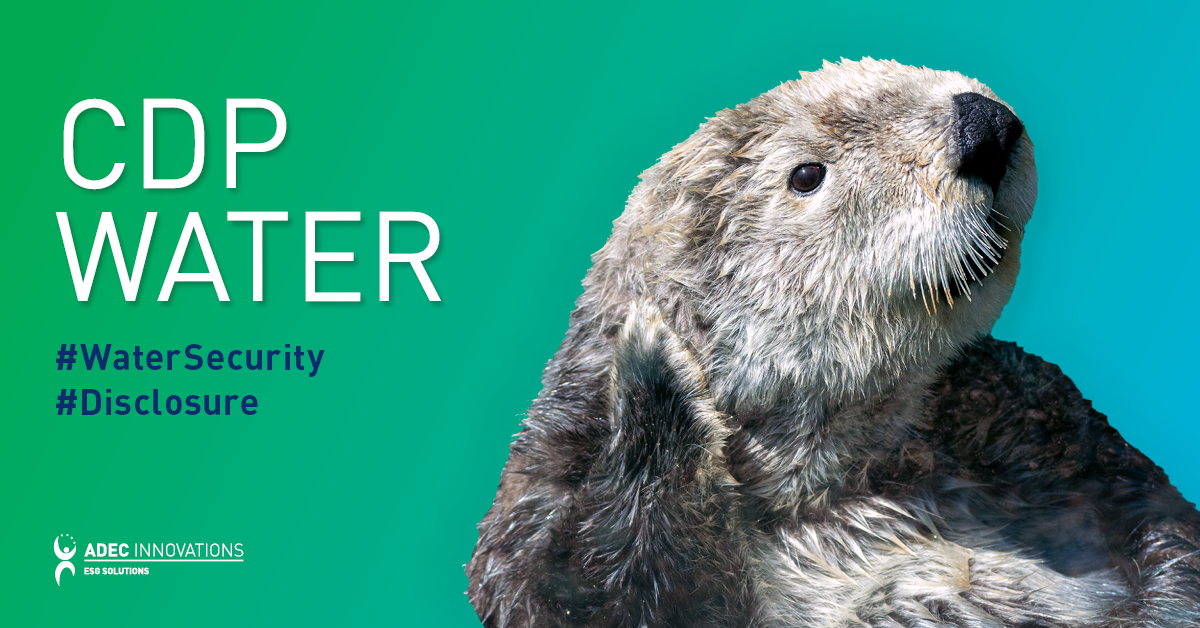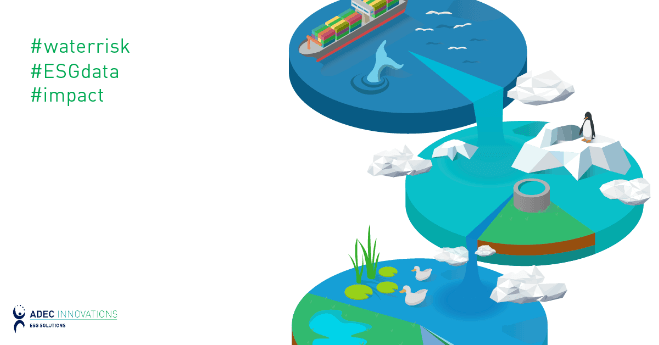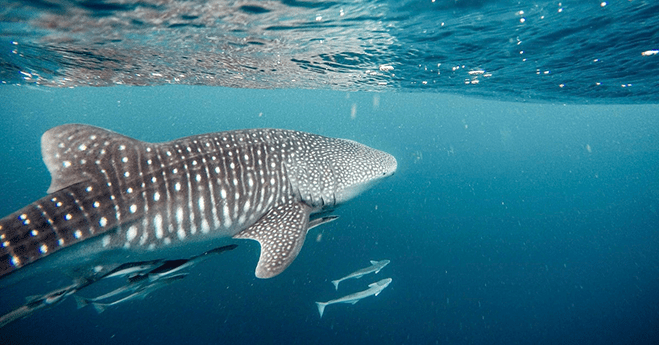Each year, around 8 million tons of plastic waste enter the world’s oceans. This uniquely damaging form of pollution harms and kills many kinds of wildlife, both in and out of the water, from whales and dolphins to seabirds. But it is not just plastic bottles and packaging that cause harm—when plastics break down into microscopic pieces, they attract other chemical pollutants from industry and agriculture. These toxic microplastics then enter the food chain via plankton and small fish, eventually working their way up to humans. Consumption of fish contaminated by these microplastics has been linked to a variety of serious health problems, including cancer, auto-immune disease, cognitive problems, infertility, and endocrine disruption.
Thankfully, the world is waking up to this problem. The theme of this year’s World Environment Day on June 5 was #BeatPlasticPollution, bringing together communities around the world to take action against ocean plastic pollution. Local governments, businesses, and other organizations have been exploring a wide variety of ways to tackle these challenges. From new techniques to reduce the production of “virgin” plastics to technologies that extract plastic from the oceans, innovation abounds. One of these innovative new approaches made its debut in Miami on September 2 in an unlikely setting: a football field.
During their season opener against the LSU Tigers, the University of Miami Hurricanes took the field wearing a particularly special uniform. The result of a collaboration between Adidas and Parley for the Oceans, these uniforms are made of more than 70% regenerated Econyl yarn and Parley Ocean Plastic. Both materials are made from recycled ocean plastic: Econyl from fishing nets and other nylon waste retrieved from marine environments, and Parley Ocean Plastic from waste collected from beaches and coastal communities. The result, according to the Hurricanes, is a “durable, yet breathable fabric that is optimal for Adidas performance apparel.” Players also wore gloves and cleats featuring recycled materials for the game.
Only a very small amount of plastic waste is being retrieved from the oceans to produce the Hurricanes’ uniforms. The real value—and goal—of this innovative project is in its ability to spread awareness. As one of the most recognized teams in college football, wearing these uniforms is a powerful way for the University of Miami to use their platform to spread awareness of ocean plastic pollution, reaching many who might otherwise have never heard about these issues.
The Hurricanes are not the only players adopting an ocean-saving attitude this season. The new uniform of Spanish soccer legends Real Madrid is also made from recycled ocean plastic, and colored in shades of coral as “an homage to the beauty of the oceans that we need to protect.”
On top of this important awareness-raising work, the Hurricanes will be auctioning off their jerseys after the game. The proceeds will be put towards providing scholarships for Marine Science graduate students to attend the world-renowned Rosenstiel School for Marine and Atmospheric Science, where they can continue to study and care for marine ecosystems. While Adidas and Parley for the Oceans’ textile innovation is unlikely to save the world’s oceans by itself, it is a fantastic example of one small solution among the many that will keep our oceans thriving for future generations.
ADEC Innovations is a leading provider of ESG solutions, including fully-integrated industry expertise, software solutions, and data management. For more on how organizations can manage corporate responsibility and address the global water crisis through sustainability programs, download our white paper.




